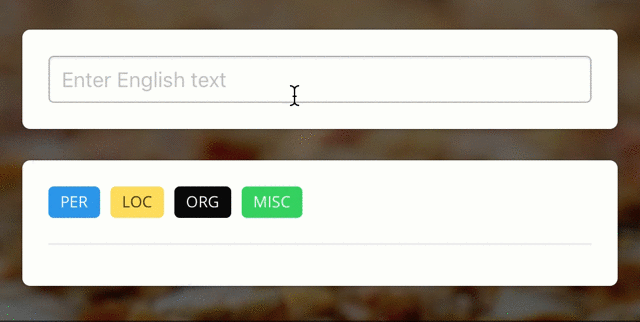Deep contextualized word representations
We introduce a new type of deep contextualized word representation that models both (1) complex characteristics of word use (e.g., syntax and semantics), and (2) how these uses vary across linguistic contexts (i.e., to model polysemy). Our word vectors are learned functions of the internal states of a deep bidirectional language model (biLM), which is pre-trained on a large text corpus. We show that these representations can be easily added to existing models and significantly improve the state of the art across six challenging NLP problems, including question answering, textual entailment and sentiment analysis. We also present an analysis showing that exposing the deep internals of the pre-trained network is crucial, allowing downstream models to mix different types of semi-supervision signals.
PDF Abstract NAACL 2018 PDF NAACL 2018 AbstractCode
Results from the Paper
 Ranked #3 on
Only Connect Walls Dataset Task 1 (Grouping)
on OCW
(Wasserstein Distance (WD) metric, using extra
training data)
Ranked #3 on
Only Connect Walls Dataset Task 1 (Grouping)
on OCW
(Wasserstein Distance (WD) metric, using extra
training data)
























 SST
SST
 SQuAD
SQuAD
 SNLI
SNLI
 Reddit
Reddit
 OCW
OCW
 Reddit Corpus
Reddit Corpus